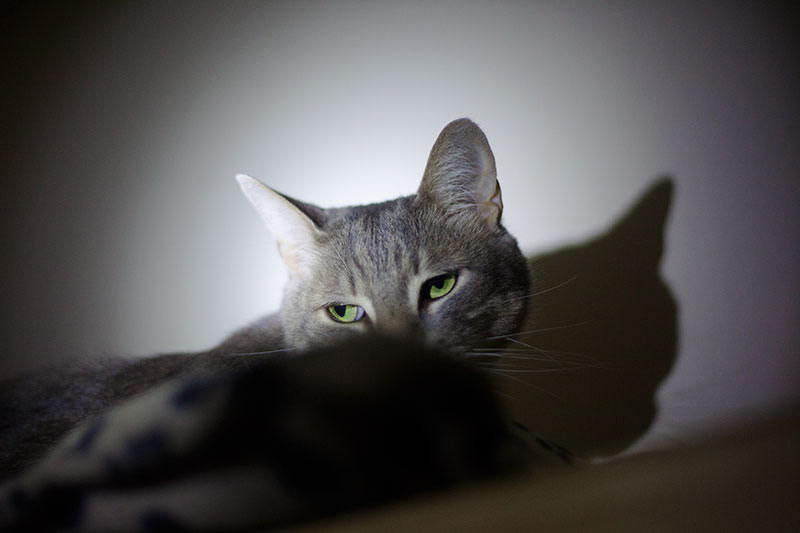
On the other hand, some animals were designed to be diurnal in order to hunt during the daylight hours, thus increasing their odds of survival. There are numerous biological reasons why an animal may be diurnal – for example, to avoid nighttime predators. Some of the most commonly-recognized diurnal animals include mammals, reptiles, and birds. Maybe he’s got a fuzzy partner in crime to get into some domestic mischief – after all, what’s the point of decorations on the shelf if not to knock them off onto the floor? No matter the situation, one thing’s for certain: everyone’s awake in the household, and it probably won’t be the last time.īy definition, ‘diurnal’ refers to many different classes of animals, but they all share one major trait in common: they’re active during the day and rest (or have periods of inactivity) at night. The family feline is on the prowl, slinking around the home (and likely making plenty of noise along the way). It’s 4am and suddenly there’s a crash in the living room – an all-too-familiar scenario for house cat lovers everywhere.

Below, a closer look at the two primary biological categories to better understand the different sleeping patterns of creatures within the animal kingdom – and where felines fit in: In other words, not unlike his African wildcat ancestors, the modern-day domestic cat is hard-wired to be active at night. For house cats, this also entails sleeping during the day and conserving their energy for heightened nighttime activity, mimicking his ancestor’s hunting at dusk.

This instinctive behavior is part of a feline’s evolution: just like his wild brethren in the jungle, domestic cats are designed by nature to take advantage of their environment when things are cool and dark.

In fact, domestic house cats are considered both nocturnal and crepuscular, a biological category describing animals whose primary hours of activity take place at dusk and dawn. Understanding Feline Behavior: Are House Cats Nocturnal?Īlthough most people would simply think of cats as nocturnal animals, it isn’t exactly accurate. Read on for useful information, including helpful insight and definitions, as well as tips and guidelines for managing this behavior. So you may be wondering, are cats nocturnal? Our experts can help.


 0 kommentar(er)
0 kommentar(er)
